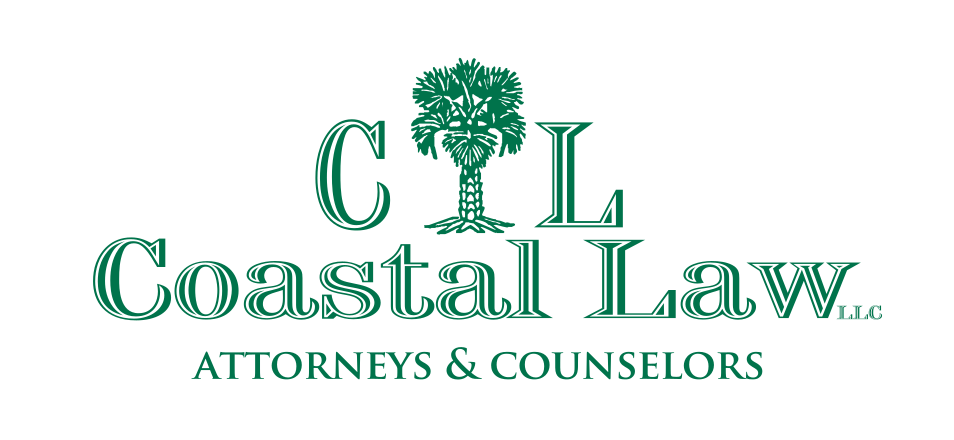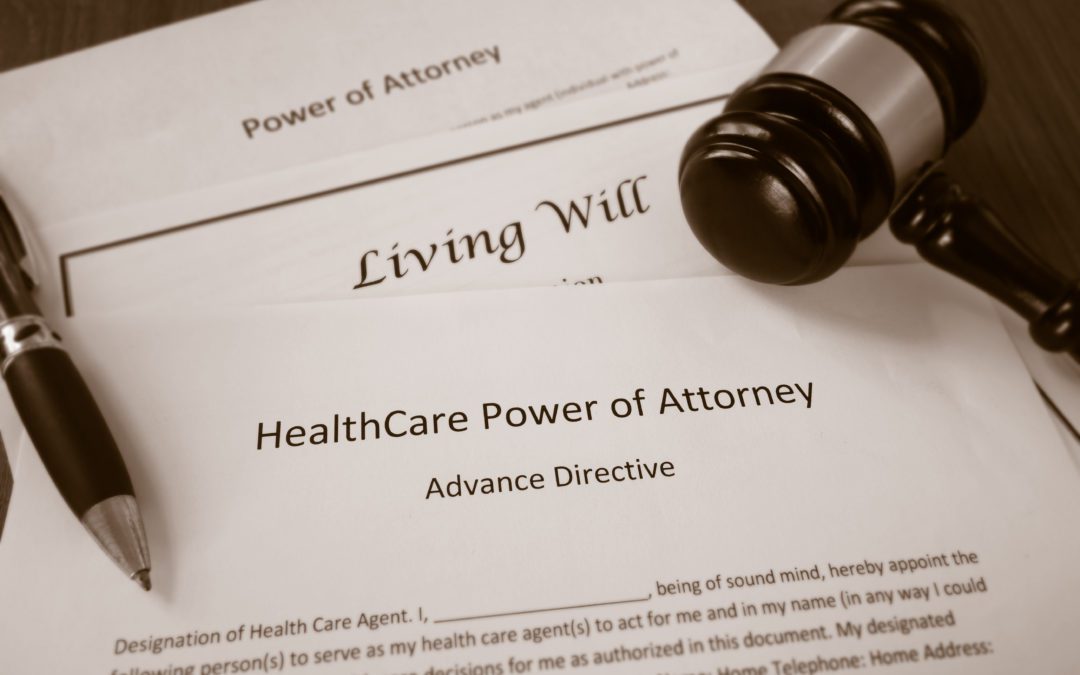What is a healthcare power of attorney and why do you need one?
A power of attorney is a legal document that allows another person to make important decisions on your behalf.
There are different types of powers of attorney used for different purposes depending on the person’s needs, but they are often used to allow a trusted family member to 1) handle your financial affairs or 2) make important healthcare decisions on your behalf if you become incapacitated or incapable of making these decisions yourself.
In this article, we will discuss healthcare powers of attorney, including:
- The difference between a durable POA and a healthcare POA,
- How a healthcare power of attorney works,
- Advance directives, and
- The difference between a healthcare POA and a living will.
What is a Healthcare Power of Attorney?
A durable power of attorney allows another person to handle your financial affairs when you are unable to do so yourself.
A healthcare power of attorney allows another person to make important medical decisions on your behalf if you become unable to do so yourself, including the decision to consent to treatments or to refuse medical treatment, depending on the specific powers granted in the document.
Why Do You Need a Healthcare Power of Attorney?
Although many people do not consider it until they are older, every adult should have a healthcare power of attorney in place.
If a person becomes incapacitated – whether it is expected due to advanced age or whether it is the result of a sudden accident that leaves a younger person with brain damage in a vegetative state, that person can no longer make decisions on their own behalf.
The only way to ensure that your wishes are respected and that a trusted family is empowered to make decisions on your behalf is to execute a healthcare power of attorney before you become incapacitated…
What Powers Does the Agent Have with a Healthcare Power of Attorney?
A healthcare POA gives your agent the authority to make healthcare decisions on your behalf if you are unable to make the decisions for yourself. Your agent will have the same authority to make decisions that you would have.
Depending on the language in the document, the healthcare power of attorney (and “living will” – see below) may give your agent the power to make decisions regarding:
- Life-sustaining treatments,
- Medical care, treatment, surgical procedures, diagnostic procedures, medications, and life-sustaining procedures like artificial respiration, nutritional support, and resuscitation,
- Pain medications,
- Discharge from a hospital or care facility, and
- Waivers or signatures of documents regarding medical care.
In the healthcare POA document, you can state 1) what specific authority is granted to your agent and 2) any specific limitations placed upon the agent’s authority. If your agent is unable to determine your wishes in a particular situation based on the language in the POA, then your agent decides based on what your agent believes would be in your best interests.
You do not lose the ability to make your own healthcare decisions by executing a healthcare power of attorney!
The POA only “kicks in” after you become incapacitated and unable to make medical decisions for yourself.
Who Should be My Agent for a Healthcare Power of Attorney?
You should choose someone you trust to be your agent for your healthcare POA – a family member or trusted friend who will 1) act in your best interests and 2) be available when they are needed.
What if your agent is unavailable when a decision must be made about your healthcare?
You should name at least one alternate agent in your healthcare power of attorney document who will be available to act if the primary agent dies, becomes unavailable, refuses to act, becomes incapacitated, or is a spouse who may become separated or divorced from you.
How Do I Execute a Healthcare Power of Attorney in SC?
The SC Code contains specific requirements that must be met before a healthcare POA becomes valid, including witnesses (and those who cannot serve as a witness to your signature) and notarization.
Your POA document should also be tailored to your specific needs and should include details about 1) the powers that are granted to your agent, 2) the powers that are not granted to your agent, and 3) other important provisions like a HIPAA authorization, designation of an alternate agent, and specific instructions regarding life-sustaining treatment (a living will).
Advanced Directives – Healthcare POA or Living Will?
What is the difference between a healthcare power of attorney and a “living will?”
Both are “advanced directives.” The healthcare POA covers medical decisions that must be made after a person becomes incapacitated, while the living will is specific to the authorization or withholding of end-of-life treatments like artificial breathing, nutrition, or hydration when a person is 1) diagnosed with a terminal condition or 2) in a state of permanent unconsciousness.
Is a “do not resuscitate order” part of the healthcare power of attorney or living will?
A DNR order is not considered part of the POA, but it can help to ensure a patient’s wishes are followed when the patient includes an advance directive to withhold life-sustaining procedures in their power of attorney.
The DNR order is a written physician’s order not to initiate CPR when the patient suffers cardiac or respiratory arrest. It is entered with the consent of the patient or with the consent of the patient’s substitute decision-maker.
Questions About Healthcare Powers of Attorney in SC?
If you have questions about healthcare powers of attorney in SC or need help drafting and executing any type of POA, call a Myrtle Beach Probate and Estate Planning Attorney at Coastal Law now at (843) 488-5000 or send us a message online to find out how we can help.


